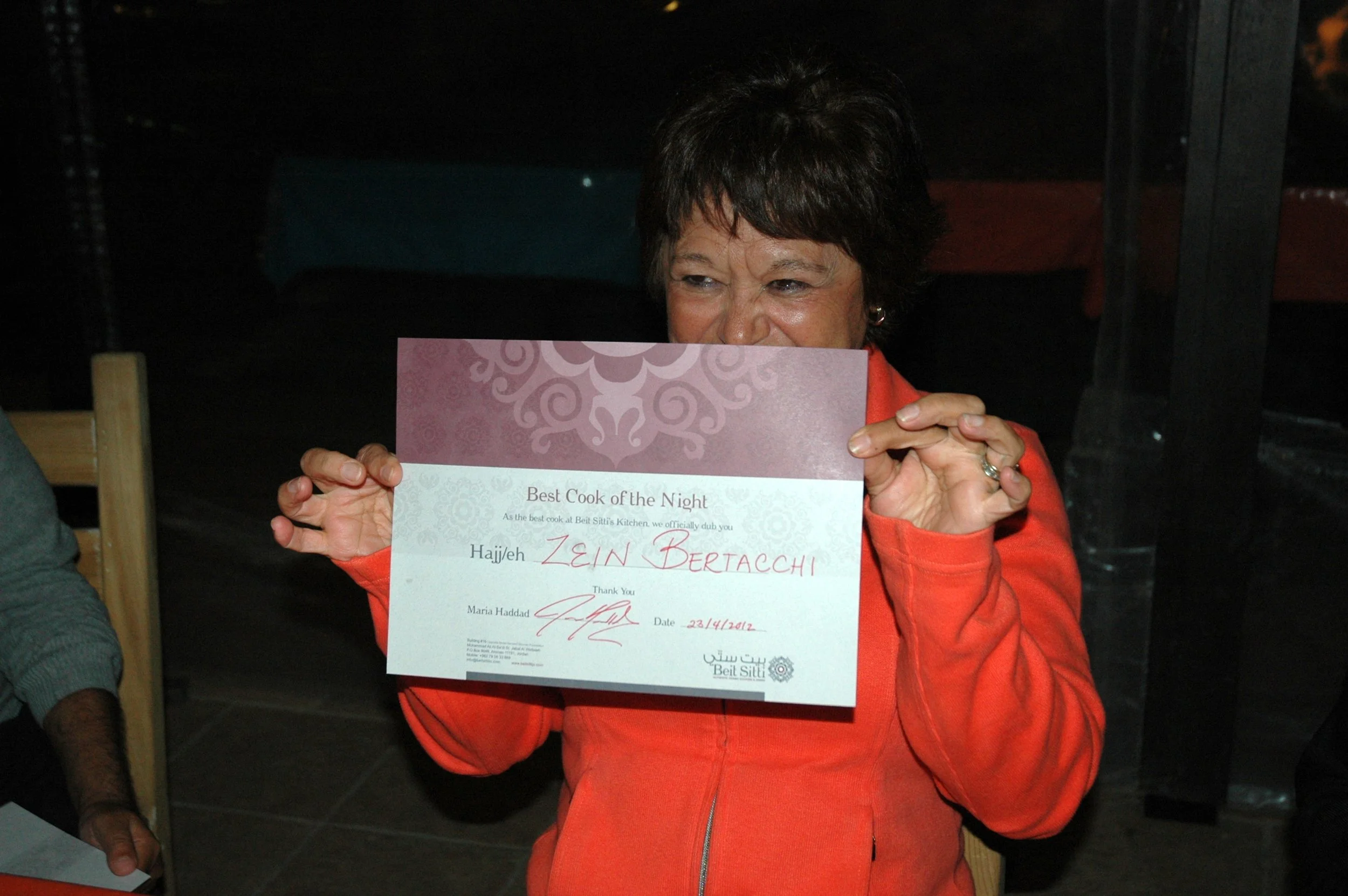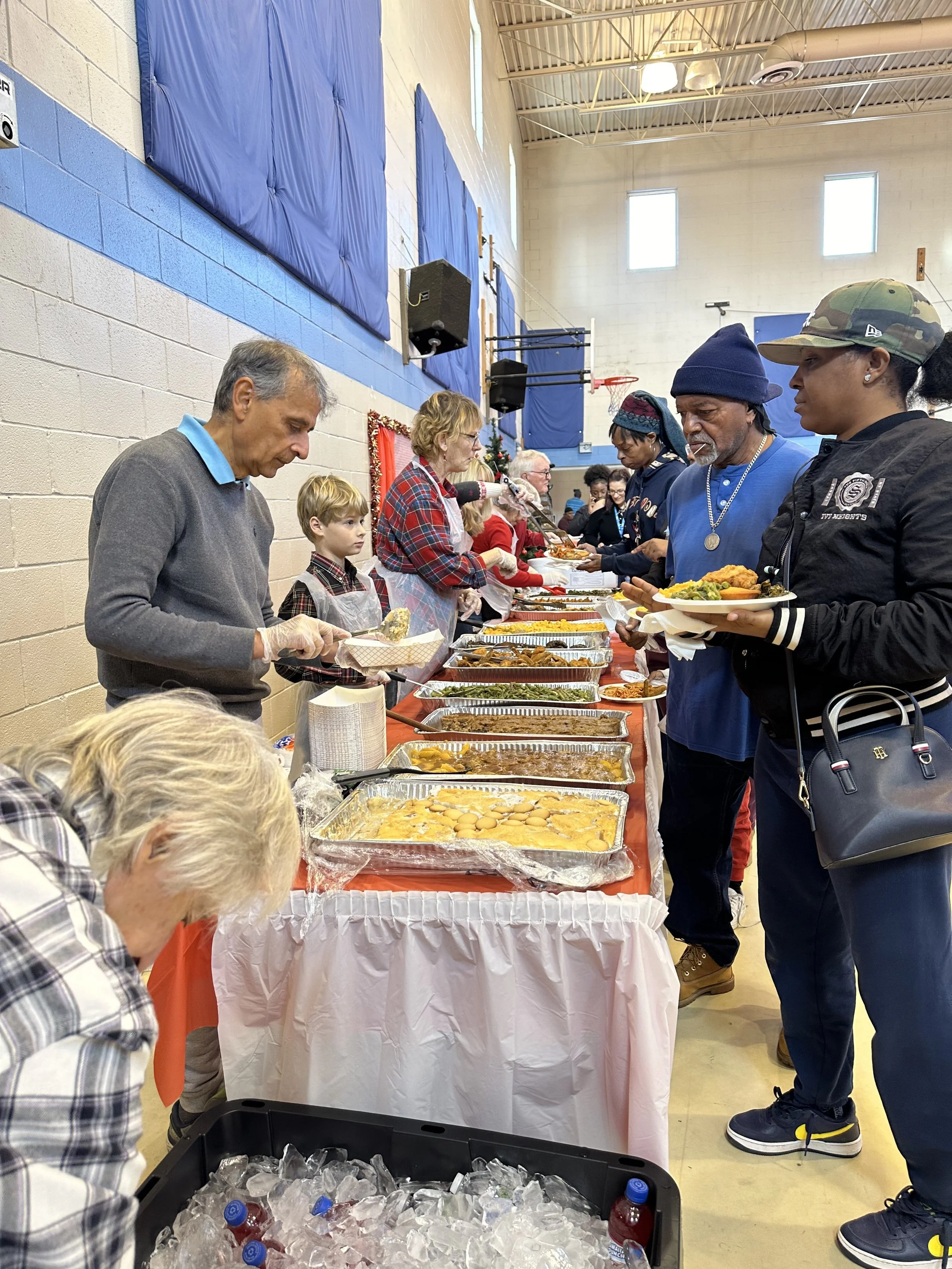Channeling Ambition through Service Learning
Every man, if he is so determined can become the sculptor of his own brain.
Santiago Ramon Cajol
President Carter at 95 volunteering for Habitat for Humanity (Photo taken from CNN)
In the biography of service learning, its role as a tool to keep the mind active cannot be underestimated. The deep therapeutic benefits of service learning among adults are understated because the enormous physical, intellectual and social gains are more researched among youth.
With the looming crisis of Dementia in an aging population it is important to consider service learning as an important resource in the prevention of dementia. Recently the death of President Jimmy Carter at the age of 100 highlighted his fulfilling life of service after his Presidency. Even after reaching the highest office of the land President Carter channelled his ambition towards projects through service learning. His life is a shining example of not only a purpose driven life but its emotional, intellectual and physical rewards. Many people would aspire towards leading a productive life like his especially as one ages because each project generates excitement and brings out unique abilities through the creative process of achieving results. An example would be the eradication of Guinea Worm, a painful and debilitating parasitic infection accomplished by President Carter through the Carter Center. This achievement was possible through a multipronged approach encompassing gathering scientific knowledge, crossing cultural barriers in educating a population and assembling a diverse team, but most of all patience. It took almost 40 years to achieve results.
Another area where service learning can provide benefits is harnessing the social challenges that come with working on service projects. The social component is a factor in keeping the brain active as age advances. Recently much attention is directed towards prevention of Alzheimer’s Disease. According to the National Institute of Aging, “ Alzheimer’s disease is a brain disorder that slowly destroys memory and thinking skills, and eventually, the ability to carry out the simplest tasks. In most people with Alzheimer’s, symptoms first appear later in life. Estimates vary, but experts suggest that more than 6 million Americans, most of them age 65 or older, may have Alzheimer’s”.
A little background is essential to understanding the scientific concepts behind these ideas.
Dementia is taken from Latin meaning madness. De means without and ment means mind. It is the serious lack of global cognitive ability in a previously unimpaired person, beyond what might be expected from a normal aging person.
What is just as important is the role an individual can play in preventing chronic illnesses such as dementia? Developmental processes are governed by epigenetics and there is growing evidence that this applies also to aging. (Journal of Clinical Epigenetics) Epigenetics is a process where factors outside the cell can modify gene expression. According to the field of epigenetics individuals can play an active role in making an effort towards preventing dementia.
• It is the method by which cells control which of their DNA is transcribed then translated.
• Every cell manages this process by modifying their genes or proteins that bind to their genes.
Of course this is not always possible as there are many inherited factors related to causation of the disease process. (Journal of Clinical Epigenetics) Epigenetics is a process where factors outside the cell can modify gene expression. Explained simply epi is on top of genes from Latin. Which means the environment and personal responsibility can alter gene expression.
On a practical level can activities that challenge and activate memory, concentration, problem solving skills and focus may help delay dementia. Activities such as exercise, mental challenges, diet and creative pursuits can help to prevent dementia and depression which is also a factor in causing dementia.
Service learning fulfils all these criteria: it activates memory, brings intense focus on tasks, it creatively solves problems with limited resources, requires vast amounts of cognitive, social and emotional energy, crosses cultural boundaries, necessitates intergenerational work and most of all can be a joyful experience. For the last 25 years in Barrington IL, students have ambitiously taken on a variety of local and global challenges through service learning to raise over $250,000 for charities. Here is a short video (prepared years ago) of some of the Presidential Youth Service Award Winners describing the skills they discovered as they won awards while volunteering :
https://www.youtube.com/watch?v=H4nfTuMb0sU&ab_channel=KiranFrey
If you or someone you know would like to try out the service learning experience join us on April 13th at St Anne’s Catholic Church situated at 319 Franklin St, Barrington, IL 60010 for dinner and conversation to raise funds for rental relief for their Migrant/Refugee relief program.
We are looking for sponsorship, volunteers and/or ideas to make this a success.
The gourmet homemade dinner will be prepared by the talented award winning cook Zein Bertacchi, who has mentored student volunteers and helped to raise funds through a wide variety of humanitarian ventures for the last 25 years ago.
Zein Bertacchi winning an award in Jordan for her cooking.
Jack Weed, from Barrington Middle School will be the student leader for the program but other students interested in working towards earning the Presidential Youth Service Awards are welcome to work with an army of adult volunteers to raise funds for this worthwhile cause.
Please consider joining the group to contribute, sponsor or help with ideas by emailing kiran.frey59@gmail.com or srase20@gmail.com
Jack Weed volunteering with Salem United Methodist Church volunteers last Christmas in Chicago to provide lunch for ex prisoners and their families.


